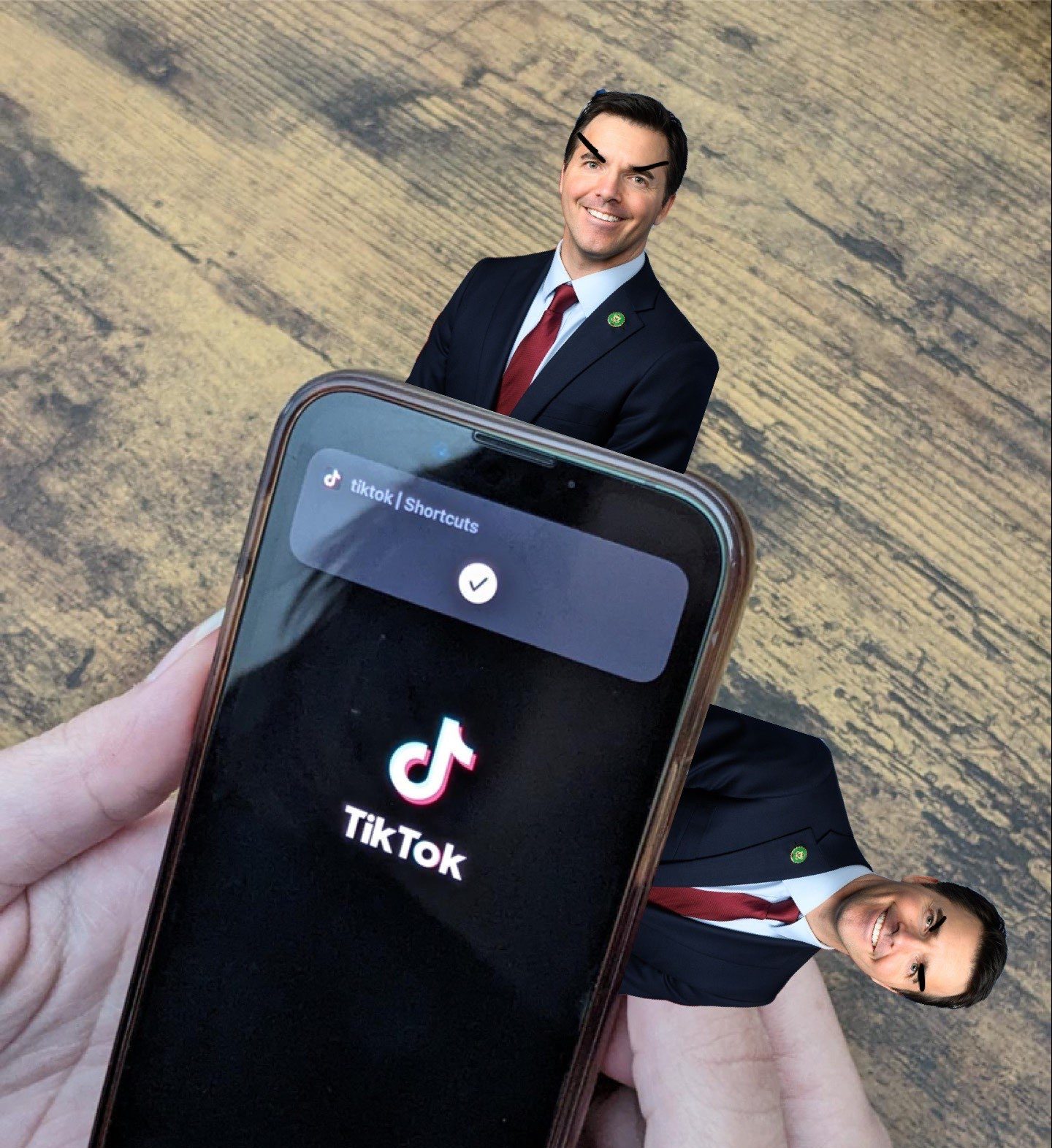On March 13, the House of Representatives experienced some of the quickest agreement they’ve had in years: the vote to ban TikTok in the U.S. unless ByteDance, the parent company of the app, sells their portion to them.
Last Friday, the editorial board sat down to discuss what could come of it, if it’s justified, what it means for communities, and if there are ulterior motives the House of Representatives isn’t sharing.
The U.S. government believes that ByteDance can spy on American data, although if this were the case, one doesn’t have to wonder too hard about why they didn’t take the Facebook security breaches as seriously. With an 81% vote to ban TikTok which takes the bill to the Senate, small businesses and content creators worry that they’ll lose their livelihood if ByteDance doesn’t sell.
TikTok has had such great success through its accessibility and algorithms. We admitted to going to TikTok for information before Google, even, because having someone explain a concept to you instead of scouring websites online is so much faster and easier to follow.
Furthermore, the ability to read comments being posted in real-time is incredibly helpful in understanding a general consensus everybody has come to toward a subject. With current global issues like the Palestine conflict, corporate media sources on the news are speculated to be biased, and to get information from people who have first-hand experience or more neutral knowledge, TikTok is a great place to start.
Some of us worry that the House or Representatives isn’t actually worried about data sharing. Since the creation of the internet we have become increasingly desensitized to loss of privacy. Instead, we’re concerned that the TikTok ban has more to do with what we’re talking about on TikTok. People use it to converse about political and economical ideologies, which means that there is anti-American “propaganda” that doesn’t adhere to good old American values.
If this is the case, the U.S. government is actively trying to censor us for complaining that nobody can afford healthcare or housing, the federal minimum wage hasn’t risen since 2009, and our country starves as we spend trillions on war across seas with taxpayer dollars. While all of these issues collect dust in Washington D.C., in six days the U.S. House of Representatives woke up from their geriatric naps to nearly unanimously vote to ban an app.
The rage towards our government is, of course, circulating on TikTok. One person, @Pearlmania500, sums up our concerns in a four-minute-long video of him screaming: “They are voting to ban the complaint box rather than listen to a single complaint on this app […] When you’re an influencer, you have to disclose where the money comes from, but when you’re a congressman, ahhh, that’s the price of freedom!”
The Capital is out of touch with the American people. What are the implications of the U.S. government violating the First Amendment? We understand that this could be considered a national security issue given America’s general distrust of China, but the fact that the U.S. is treating it as a business transaction ultimatum is just more of the same capitalistic grime America is shamelessly known for.







